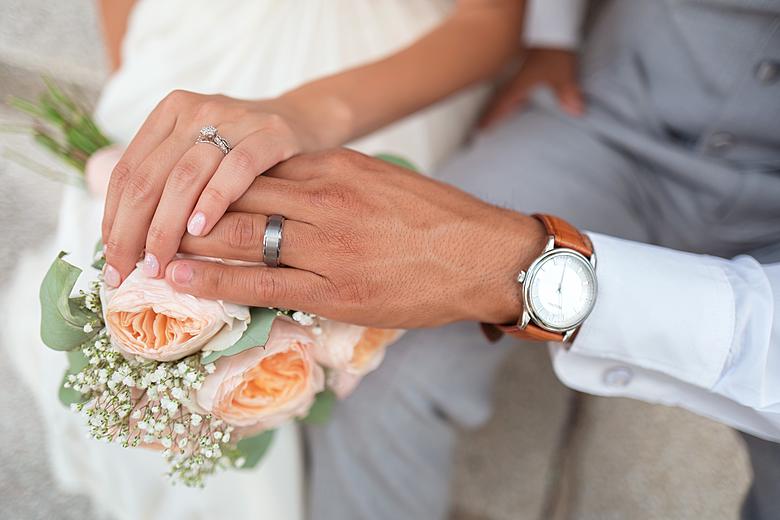Marrying Your Cousin in Maryland: Is It Legal? Each state has its unique marriage and family laws. Many Marylanders wonder if cousin marriage is legal. In fact, understanding Maryland cousin marriage laws can clarify the issue for many.
Maryland Cousin Marriage
Maryland permits first cousin marriage. If you are first cousins, you can marry without legal ramifications. Maryland’s marriage statutes permit first cousin weddings.
Difference Between Cousins
Although first cousins may marry in Maryland, the laws are stricter for other forms of cousin relationships:
- First Cousins: As indicated above, marriage of first cousins is permitted.
- Second Cousins: There is nothing illegal regarding second cousin marriages. Actually, second cousins share a common great-grandparent, and marriage to them is perfectly legitimate in Maryland.
- Closer Relationships: Marriages are not permitted between closer blood relatives, like siblings or parent and child. This prohibition extends to half-siblings and other close family relatives.
Implications of Cousin Marriage.
Marrying a cousin might have social and genetic implications. While many people believe cousin weddings are socially acceptable, others are concerned about potential genetic abnormalities in progeny. However, the legislative structure places no restrictions based on these concerns.
Cultural Perspectives
Cousin weddings are quite prevalent in various cultures. The views towards marrying cousins would, however, vary greatly among the diverse population of Maryland. Some families may accept these relationships as a way to strengthen familial ties, while others may be apprehensive.
Legal Provisions of Marriage
Irrespective of cousin marriages, all Maryland couples have to abide by general marriage laws, which are:
Marriage License: Couples must obtain their marriage license at their local government office. This typically means providing identification and a fee.
Age Requirements: Marriage for both spouses has to be over the legal age, and in Maryland, this is usually 18 years old. Those under 18 may need parent’s consent.
Health and Residency Conditions: Some health-related issues, such as premarital medical tests, and residence limitations in some cases may apply.
Conclusion
In conclusion, Maryland allows first and second cousin marriages. Anyone proposing state marriage has to understand family dynamics. Legal issues are well noticed, but societal acceptance and personal beliefs vary, making sensitivity imperative. To ensure an easy and polite marriage to a cousin, consider legal requirements and family dynamics.


 by
by 



